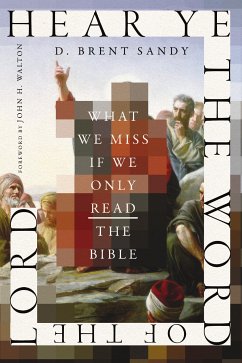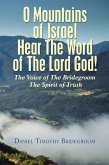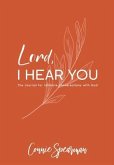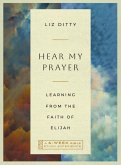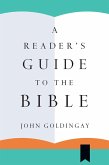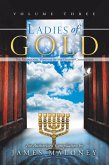Long before the words of the Bible were written, God's communication through the spoken word rang out loud and clear. Jesus in particular commissioned representatives to speak on his behalf even during the time of his earthly ministry. And yet today we are a reading culture. It is easy for modern Christians to take for granted that the Bible was handed down in written form, but the way we receive God's message is far different from how the original hearers would have heard it. These differences not only shape the way that we hear God's message to his people, but they put us at risk of misunderstanding his revelation. In Hear Ye the Word of the Lord, biblical scholar D. Brent Sandy explores how oral communication shaped the ways that biblical writers received God's message and even more importantly, how the ancient and modern faithful receive it through hearing. Filled with helpful biblical insights related to oral communication and constructive ways for modern readers to become better hearers and performers of Scripture, Hear Ye the Word of the Lord provides a constructive way forward for readers interested in exploring how we can better hear God's Word.
Dieser Download kann aus rechtlichen Gründen nur mit Rechnungsadresse in A, B, BG, CY, CZ, D, DK, EW, E, FIN, F, GR, H, IRL, I, LT, L, LR, M, NL, PL, P, R, S, SLO, SK ausgeliefert werden.

